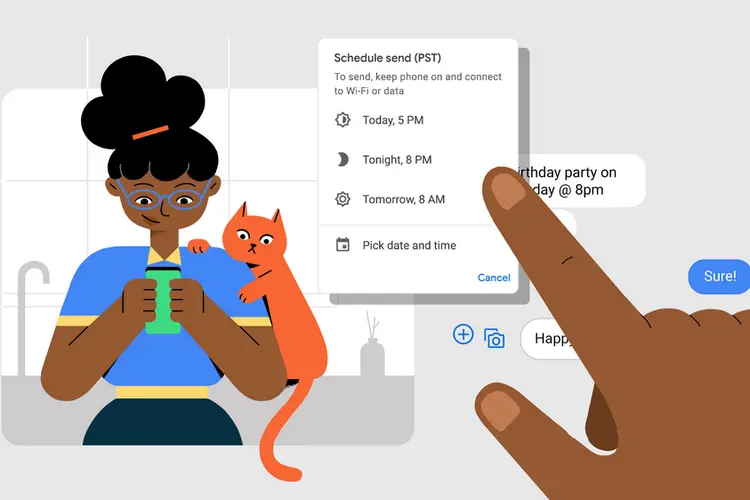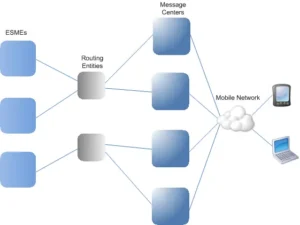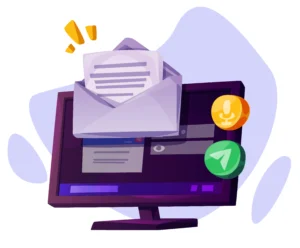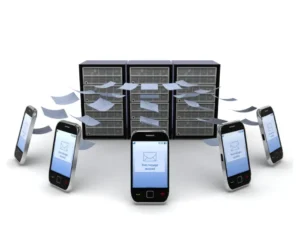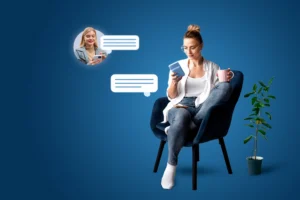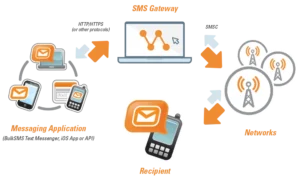Why do we schedule messages?
In today’s fast-paced world, effective communication is essential for businesses to thrive. Whether it’s sending promotional messages, appointment reminders, or critical alerts, the ability to reach customers at the right time is paramount. This is where SMS (text messages) plays a crucial role, offering a direct and immediate means of communication. However, managing the timing of these messages can be challenging, especially when dealing with different time zones or scheduling messages for specific events.
To address this challenge, SMS Gateways, particularly those integrated within Communications Platform as a Service (CPaaS) solutions such as Unecast offers SMS scheduling as a valuable feature for its users.
Features
SMS scheduling allows users to plan and automate the sending of SMS messages at a specified date and time. This feature provides businesses with greater control over their communication strategies, enabling them to optimize message delivery for maximum impact. Let’s delve deeper into the benefits and functionalities of SMS scheduling.
Flexibility: One of the primary advantages of SMS scheduling is its flexibility. Businesses can schedule messages days, weeks, or even months in advance, ensuring timely delivery without the need for manual intervention. This flexibility is particularly beneficial for marketing campaigns, product launches, or time-sensitive promotions, where planning ahead is crucial for success.
Time Zone Management: With the global reach of modern businesses, managing time zones can be a significant challenge. SMS scheduling addresses this issue by allowing users to specify the time zone for message delivery. Whether targeting local or international audiences, businesses can ensure that messages reach recipients at the most convenient time, regardless of their location.
Enhanced Engagement: Timing plays a crucial role in the effectiveness of communication. By scheduling messages to be sent at optimal times, such as during peak engagement hours or when recipients are most likely to be receptive, businesses can significantly increase the chances of engagement and response. This, in turn, leads to higher conversion rates and improved customer satisfaction.
Efficiency and Automation: SMS scheduling streamlines communication workflows by automating the process of message delivery. Instead of manually sending messages at specific times, businesses can set up scheduling rules within their CPaaS platform, allowing for hands-free operation. This not only saves time and resources but also reduces the risk of human error.
Campaign Management: For businesses running multi-channel marketing campaigns, SMS scheduling provides valuable coordination capabilities. Integrated CPaaS solutions allow users to synchronize SMS messages with other communication channels such as email or social media, ensuring a cohesive and consistent customer experience across all touchpoints.
Compliance and Regulations: In industries where compliance with regulations such as GDPR or TCPA is essential, SMS scheduling offers an added layer of control. Businesses can ensure that messages are sent during permissible hours and adhere to regulatory requirements regarding consent and frequency of communication.
Analytics and Reporting: Comprehensive analytics and reporting tools provided by CPaaS solutions enable businesses to track the performance of scheduled SMS messages. By monitoring metrics such as delivery rates, open rates, and click-through rates, organizations can gain valuable insights into the effectiveness of their communication strategies and make data-driven decisions for optimization.
Use cases
Appointment Reminders: Healthcare providers, salons, and service-based businesses can schedule SMS reminders to reduce no-shows and improve appointment attendance rates. Patients or clients receive reminders ahead of their scheduled appointments, reducing the likelihood of forgotten appointments.
Payment Reminders: Banks, utility companies, and financial institutions can use SMS scheduling to send payment reminders to customers. These reminders can help customers stay on top of their bills, reducing the number of late payments and minimizing the risk of service disruptions.
Event Notifications: Event organizers can schedule SMS messages to notify attendees about upcoming events, including details such as date, time, location, and any relevant updates or changes. This ensures that attendees are well-informed and prepared for the event.
Marketing Campaigns: Businesses can schedule SMS messages as part of their marketing campaigns to promote products, services, or special offers. By sending messages at strategic times, such as during peak engagement hours or before key shopping periods, businesses can maximize the effectiveness of their marketing efforts.
Customer Service Alerts: Companies can use SMS scheduling to proactively notify customers about order confirmations, shipping updates, or service interruptions. This helps to keep customers informed and reduces the need for them to reach out to customer support for updates.
Employee Communications: HR departments can schedule SMS messages to communicate important announcements, such as company-wide meetings, policy updates, or deadlines. This ensures that employees receive timely information and can plan accordingly.
Educational Institutions: Schools, colleges, and universities can use SMS scheduling to send reminders about important dates, such as registration deadlines, exam schedules, or parent-teacher meetings. This helps to keep students, parents, and faculty members informed and organized.
Emergency Alerts: Government agencies, municipalities, and emergency response organizations can use SMS scheduling to send timely alerts and notifications during emergencies, natural disasters, or other critical events. This helps to ensure that residents receive important safety information promptly.
Subscription Renewal Reminders: Subscription-based businesses can schedule SMS messages to remind customers about upcoming subscription renewals or expirations. This encourages customers to renew their subscriptions promptly, reducing churn and maximizing revenue.
Holiday Greetings: Businesses can schedule SMS messages to send personalized holiday greetings to customers, employees, or partners. This helps to foster goodwill and strengthen relationships, enhancing brand loyalty and customer satisfaction.
Conclusion
The SMS scheduling feature in CPaaS solutions revolutionizes the way businesses communicate with their customers. By offering flexibility, automation, and enhanced engagement capabilities, SMS scheduling empowers organizations to deliver timely and targeted messages, driving better results and fostering stronger customer relationships.
At Unecast, we help our clients to prioritize efficient and effective communication. Hence, SMS scheduling will remain a critical component of our CPaaS toolkit.
